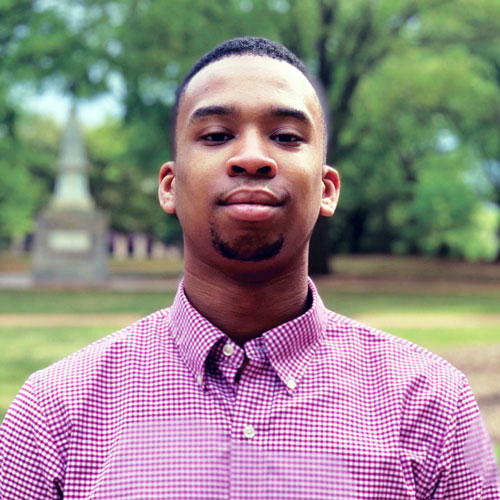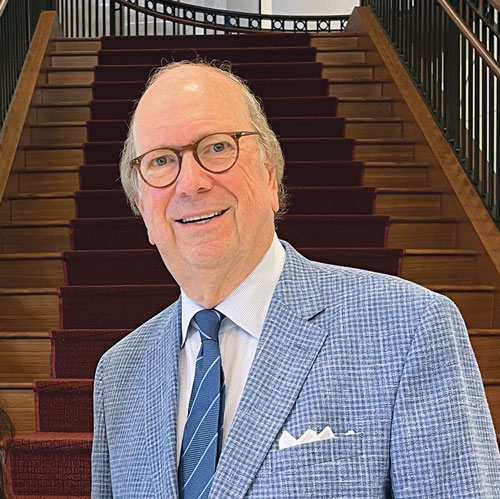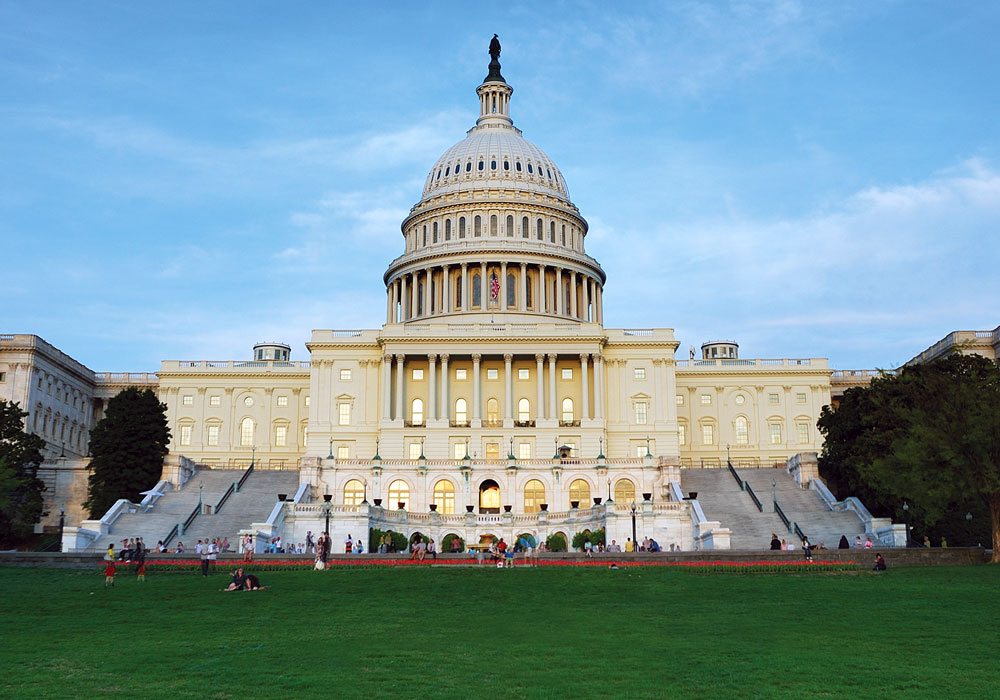If you had big-city dreams as an undergraduate, you might remember the excitement you felt as you plotted your career. But you might also remember the anxiety — not knowing what opportunities were even out there and wondering how you could afford to pursue them.
And those jitters are that much worse if your dream job involves moving to an expensive city like Washington, D.C.
Thanks to the Washington Media Scholars Foundation, though, students pursuing careers in media and policy have a little less to worry about and a lot more within their reach. Founded by University of South Carolina alumnus Robin Roberts in 2009, the foundation supports undergraduates from USC and other institutions around the country through two very specific initiatives.
The Media Fellows scholarship program is aimed primarily at upperclassmen who demonstrate merit and financial need. The Media Scholars program is a media plan case competition in which qualifying students are invited to spend a week networking with senior-level media executives in the nation’s capital and competing for the National Excellence in Media Award and $18,500 in scholarships.
Over the past 15 years, the foundation has provided more than $3 million in support and scholarships to more than 900 students, and Roberts’ alma mater has been well-represented among the recipients.
“Until I went on that weeklong trip in D.C., I just didn’t really realize how many media opportunities were out there and the breadth of roles that were out there,” says 2018 Media Scholar Allyssa Andrews, who won the overall competition. “It was really impactful to talk to people who worked at so many different publications within the Beltway, from The Washington Post to Axios to Politico.”
Andrews, who now works in media planning, says one of the best parts about her week in D.C. was giving a 15-minute pitch to the judges, all of whom actually worked in the advertising industry: “I thought that was really cool just to have that opportunity to practice and deliver something polished like I did. You just don’t get that opportunity every day.”

James Bush, a 2020 Media Scholar, got his real-world exposure diving headlong into the capital’s vibrant social media landscape. In his case, Bush learned how to optimize social media campaigns for better results on different platforms, from Facebook and Instagram to TikTok. Those lessons have continued to guide him in his career as a digital media buyer.
“The Media Scholars program really allowed me to get a look at the strategy that comes into what we actually put out here on social media,” he says. “It really gave me a passion for looking at media and data.”
Media Fellow Jaden Cross, a senior visual communications major, says the program helped finance the first steps toward her dream career and introduced her to a mentor in the burgeoning field of digital transformation and campaign innovation. It also served as a catalyst back on campus.
“I’m paying for tuition myself, and it was so amazing to have the financial help that this scholarship brought,” she says. “Honestly, I was motivated to do really well with my grades, not only because I wanted to learn, but because I wanted to honor those who donated money for these scholarships.”
For program founder Roberts, it’s been one feel good story after another — and he continues to be proud of what his fellow Gamecocks bring to the table.
“The students have all the attributes employers are looking for,” Roberts says. “They’re successful, they’re smart, they’re team players, they’re goal-oriented, they’re driven — all those things.”
Beyond the comfort zone

Robin Roberts, the immediate past president of the Alumni Association’s Board of Governors, has been a longtime supporter of his alma mater. But the co-founder and CEO of National Media Research, Planning & Placement, a D.C.-area media agency, also has a deep interest in helping students.
That’s why the 1976 graduate established the Washington Media Scholars Foundation in 2009. Since then, the foundation has provided millions of dollars in support through its Media Fellows and Media Scholars initiatives.
For Roberts, the interest is personal — almost a debt he wants to repay. Shortly after graduating, the Kershaw, South Carolina, native had the opportunity to move to the nation’s capital, but while he was excited by the opportunity, he was also a little intimidated.
The support he got from USC’s faculty helped give him the confidence to take the plunge.
“I met a number of professors when I was in school there. They really had a positive impact on me,” he says. “I received a good education, and these professors gave all of us the nudge to go forward and to step out of our comfort zones.”
